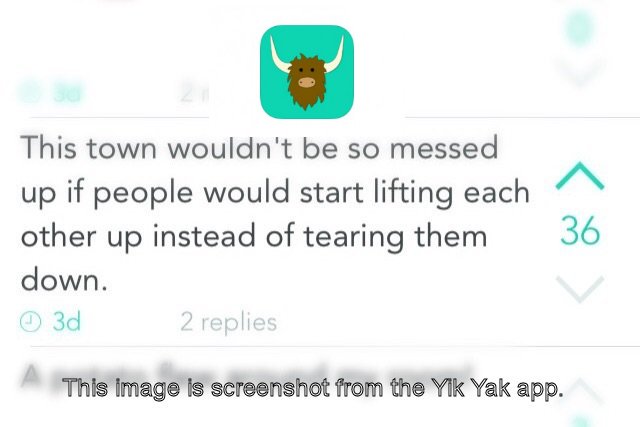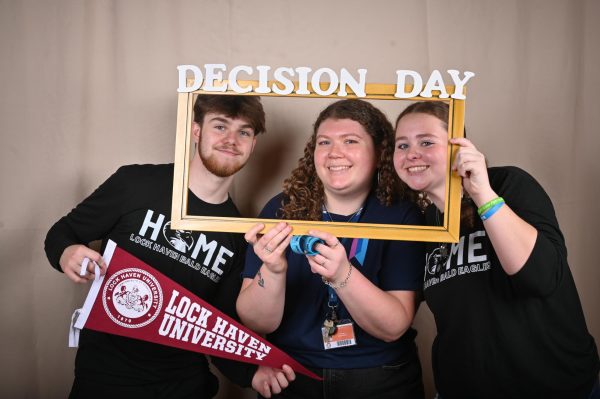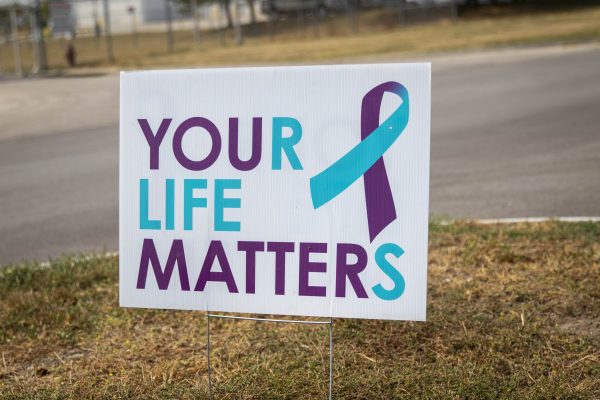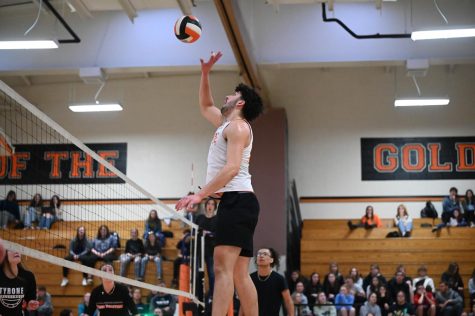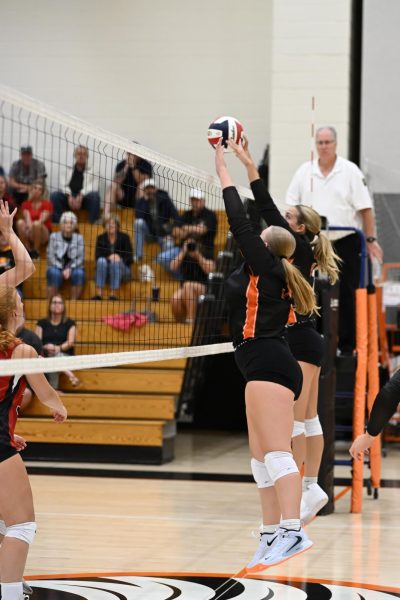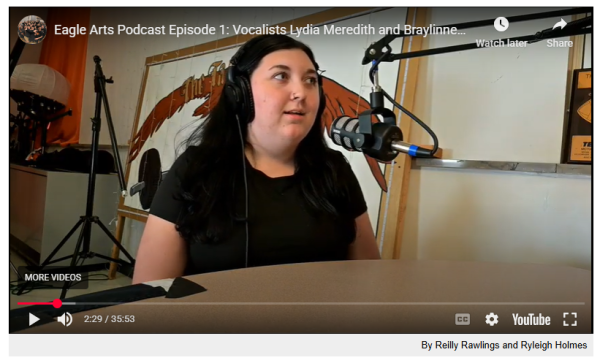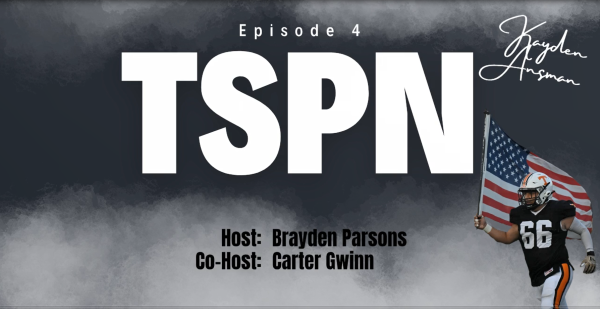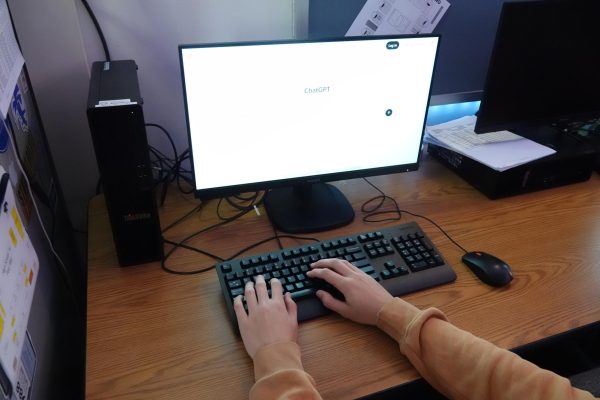Technology Takeover: Yik-Yak mobile app makes cyberbullying easier
The fact that the app is anonymous has given bullies the power to downgrade others while hiding behind a five inch screen.
High school should be the ideal time and place to discover and create who you are. Students experience many positives in their journey, like making friends and being a part of clubs and teams, along with negatives, like the rumors and drama.
In small towns like Tyrone, rumors have always spread like wildfire, but technology that allows information to be passed along within seconds is making the small town rumor mill even more vicious and destructive.
The talk of the school lately has been a new app, originally designed for college students, Yik-Yak.
The intended audience for this app are college students who generally use it to post funny statements about professors, the town, or the university.
What makes Yik-Yak different from other social media apps like Twitter or Facebook is that the posts made on the app are completely anonymous. It uses GPS to show viewers other anonymous posts made by others in the area. Each post can be viewed for twelve hours as long as it does not exceed a set amount of “dislikes” and be removed.
So what could be the harm with a few teenagers posting funny statements about their peers, their teachers, and their communities?
Everything.
After downloading the app to check out what all the commotion was about, I was ashamed to be a part of Tyrone High School.
Day after day the app was filled with horrid statements about students, teachers and the community.
Many teenagers are using the app to make degrading posts about their peers without the confrontation they would receive if they said it with their name attached or in person.
No one seems to worry about the consequences of their words because there are no usernames to trace.
Why is it suddenly okay to bash someone online and not think twice, just because your name is not attached to your actions?
By kindergarten we already knew the difference between right and wrong and how badly bullying can harm people on the receiving end.
The fact that the app is anonymous has given bullies the power to downgrade others while hiding behind a five inch screen.
So what would should we call these people?
Cowards.
The definition of a coward is a person who lacks the courage to do or endure dangerous or unpleasant things. So yes, coward perfectly fits the description of these people.
Most of what’s being said on the app is said because it is anonymous. The people posting know that what they are saying is hurtful and wrong, but because no one knows who they are, that moral has escaped their grasp.
It’s not just the students on the receiving end of bullying are taking issue with this app, parents and other concerned adults have also expressed their disgust towards the app on Facebook.
Many college students and adults claim that the younger generations are taking apps meant for fun and filling them with vulgar jokes and high school drama.
I did read one comment that got it right, among the awful things being said one post claimed “this town wouldn’t be so messed up if people would start lifting each other up instead of tearing them down.”
My personal advice is to simply delete the app.
If you are one of those people who still use the app, don’t be a coward hiding behind your phone screen posting inconsiderate statements about your peers, your teachers and your school.
You’re not going to be in high school forever; people need to learn to not tear others down to be at the top of the food chain, because once you’re out of high school, you’re back at the bottom again.
Moral of the story: just because we are getting older does not mean we should disregard the golden rule; treat others how you want to be treated.
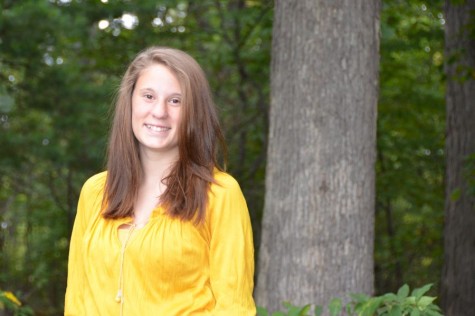
Hey, my name is Courtney. I am 17 years young and a senior at Tyrone. This is my first year on Eagle Eye News. I am involved in student council, YAN, Renaissance...



